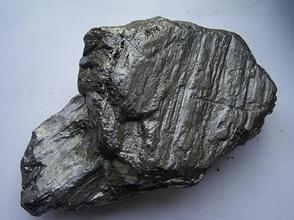The Advantages of Graphite as an Electrode Material
Graphite, a form of carbon with a unique atomic structure, has gained significant attention in various industries for its exceptional properties that make it an ideal material for electrodes in diverse applications. From industrial processes to renewable energy systems, graphite's properties contribute to its widespread use as an electrode material.

Secondly, graphite exhibits excellent thermal conductivity. This property ensures efficient heat dissipation during electrochemical processes, preventing overheating and ensuring the electrode's durability and longevity. Consequently, graphite electrodes can sustain high temperatures without compromising their performance, making them indispensable in high-temperature applications such as metal smelting and glass manufacturing.
Moreover, graphite possesses remarkable chemical stability and inertness. It resists chemical reactions with most substances, ensuring that it remains unaffected by corrosive environments during electrochemical processes. This stability enhances the electrode's durability and reliability, crucial factors for long-term and consistent performance in various applications.
Furthermore, graphite is readily available and cost-effective, making it an economically viable choice for electrode manufacturing. Its abundance and ease of production contribute to its widespread utilization in numerous industries, from the automotive sector to aerospace applications.





